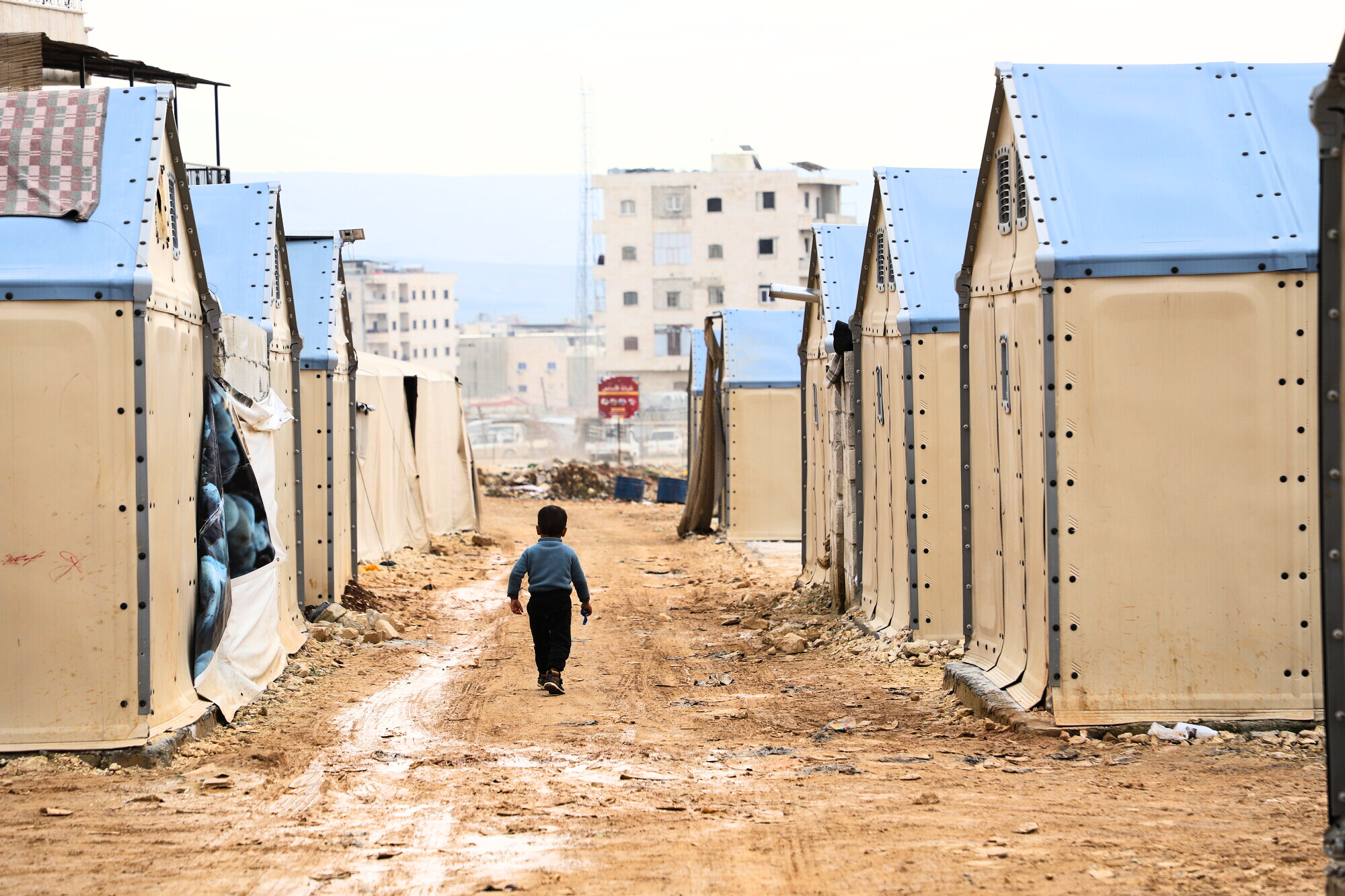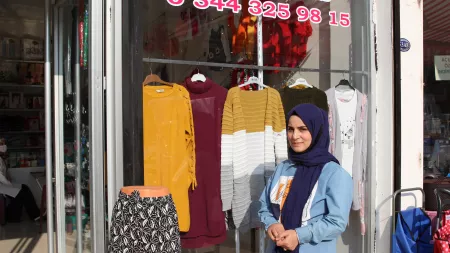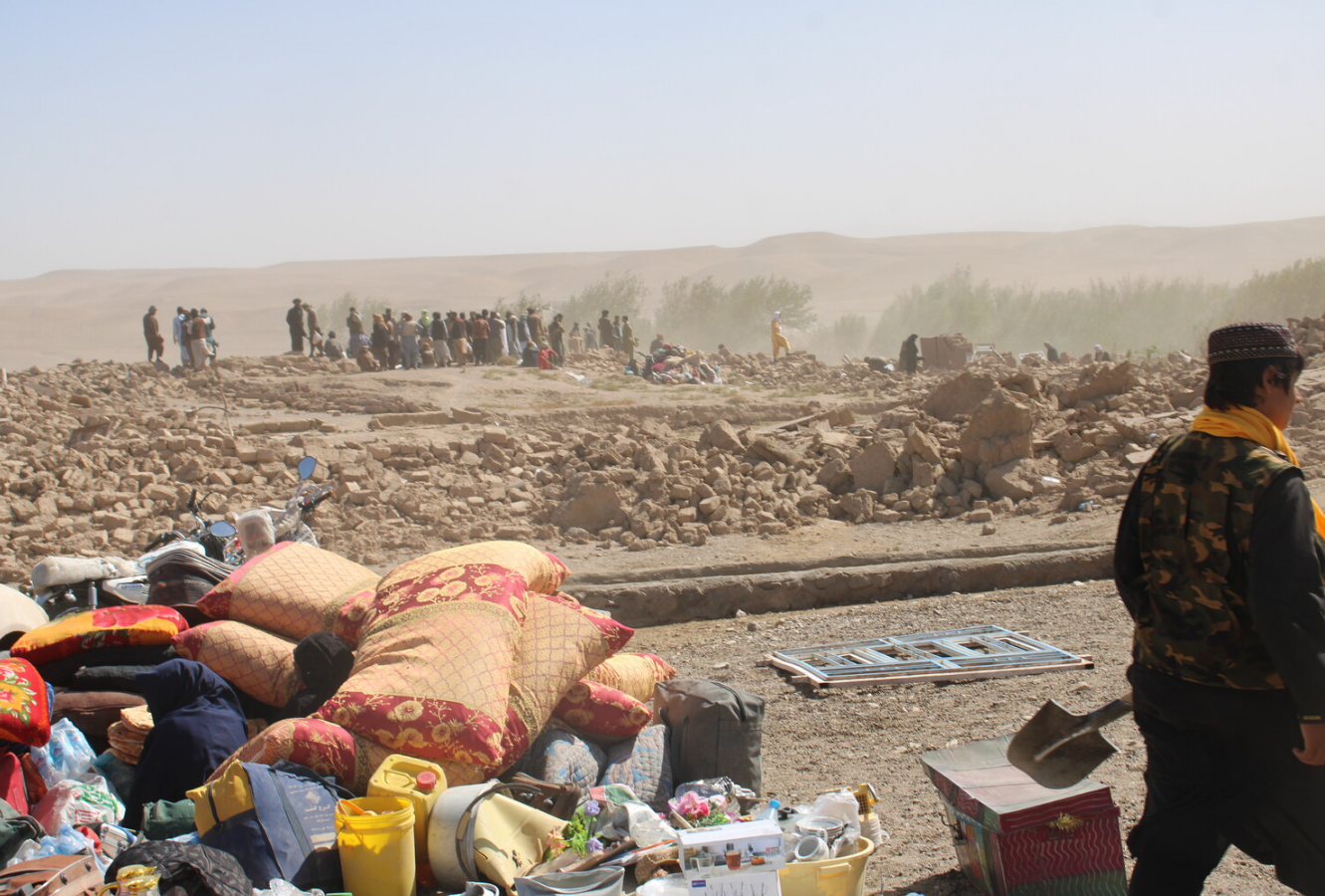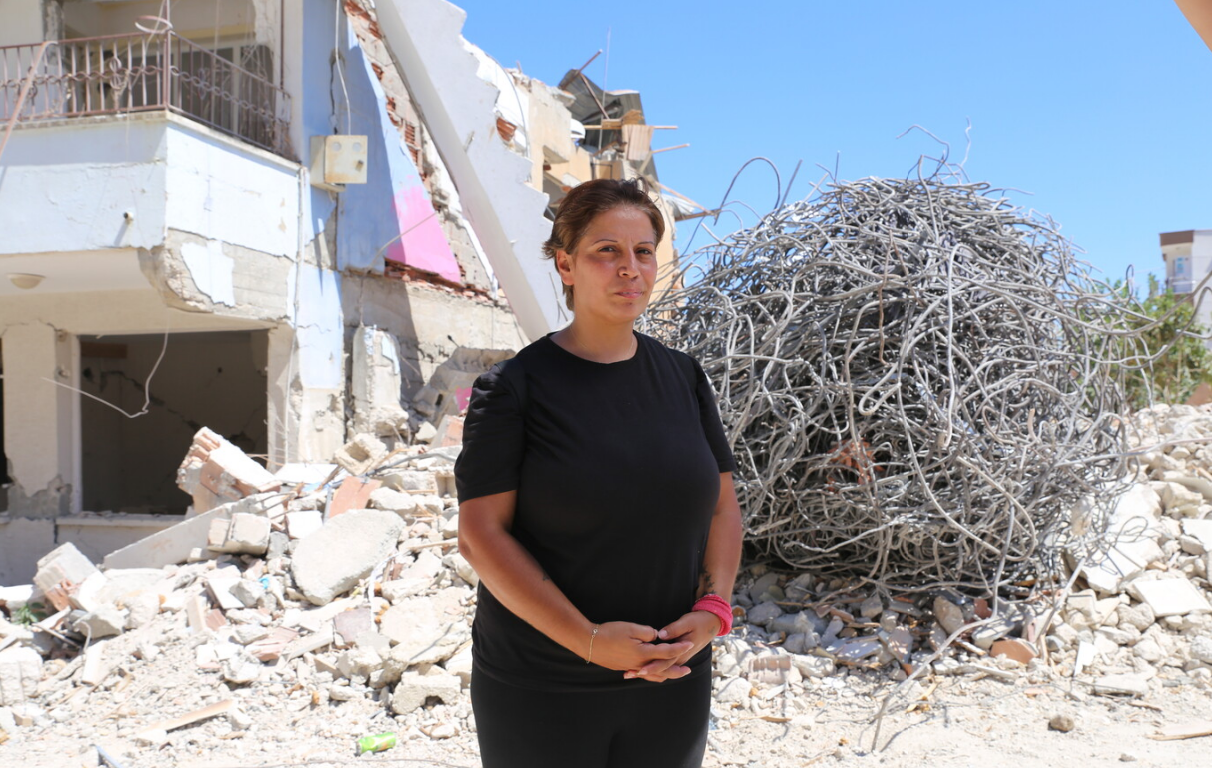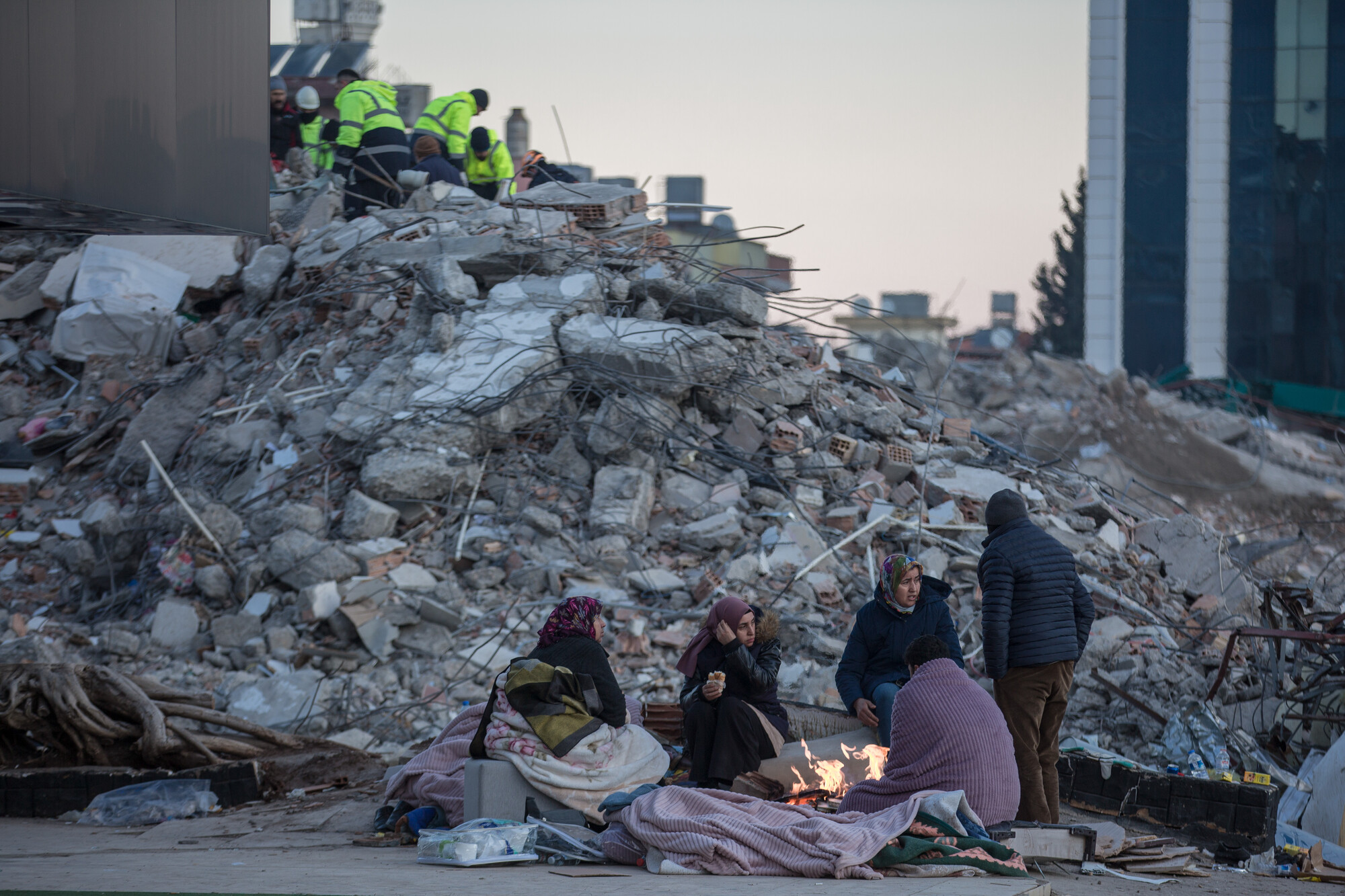History of CARE International’s work in Türkiye
CARE International first began work in Türkiye in 1959, and later re-established operations in 2014 to assist with the influx of Syrian refugees. Today, Turkey hosts the highest number of refugees globally, with millions of Syrians fleeing to Turkey since the beginning of the Syrian crisis in 2011.
CARE Türkiye began assessing needs and coordinating with Turkish authorities and other organizations to support refugees with food, safe drinking water, and hygiene items.
What CARE International does in Türkiye
CARE Türkiye is responding to the refugee crisis with cash assistance, hygiene promotion, dignity kits for women and the elderly, and by establishing community groups that address protection issues, including psychosocial needs, early marriage, and gender-based violence.
However, significant gaps between needs and response persist. Our programming in Türkiye focuses on protection, basic needs, and economic empowerment for refugees, especially women and girls.
